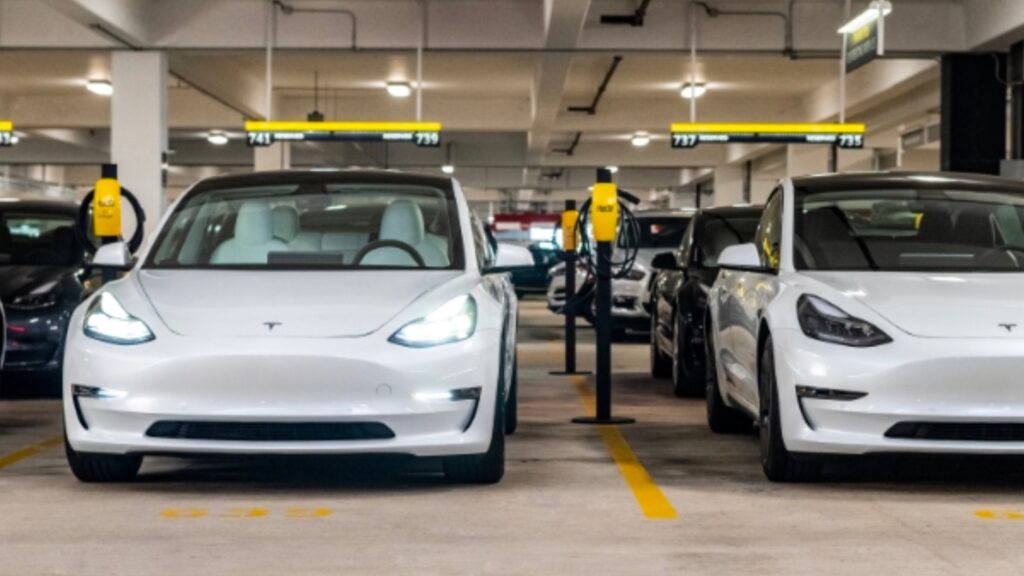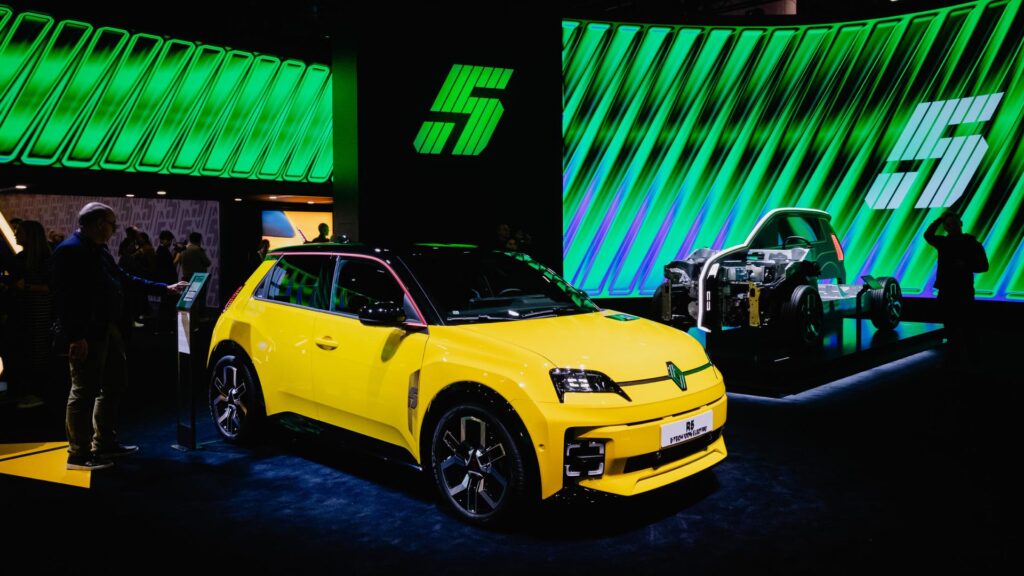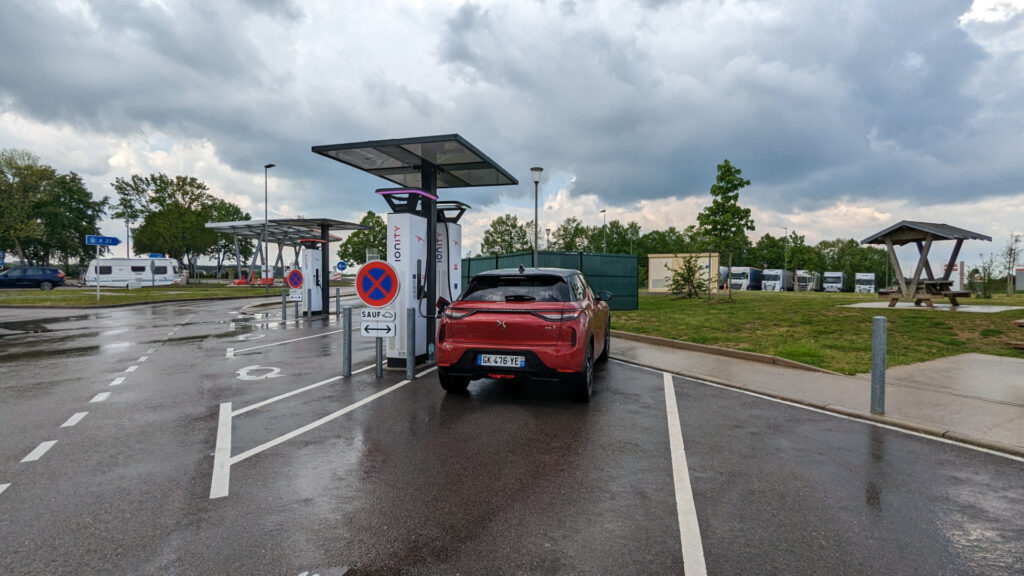Customers always want more: compact electric cars, with the range of large SUVs and at knockdown prices. But by demanding everything, aren’t they asking for the impossible? This was the question raised by the editorial in the Watt Else newsletter on October 24.
It is quite difficult to draw up a rough portrait of the ideal electric car. And for good reason, customer expectations and needs are often contradictory. They are demanding 4 meter city cars with XXL ranges. Are customers aware that they sometimes ask for the impossible?
During the Paris Automotive Summit on October 15, the boss of Stellantis declared: “ Customers are always asking for more (more comfort, more equipment, etc.) for ever less money. » In the mouth of Carlos Tavares, the message can be perceived as an unwelcome complaint from a specialist in record margins. After reflection, I found the remark particularly relevant.
Eternally dissatisfied
It is unlikely that a single 100% electric model will be unanimously accepted by the public. It’s better to be happy about it, otherwise we’d all be riding in the same car. Imagine roads and parking lots full of white Tesla Model Ys. However, I don’t know if it’s our French temperament that wants this, but no matter what the manufacturers offer, there is always something to complain about.

The Renault 5 is a very good example. Renault offers a very accomplished electric car measuring less than 4 meters, with a technical sheet worthy of a larger car. This does not prevent us from observing criticism on social networks, such as: not enough autonomy, not enough trunk, not enough space in the rear, too expensive. Renault had certainly anticipated this, since the R4 e-tech offers an alternative that responds to some of these negative arguments. However, other criticisms immediately appear, it’s endless.
Manufacturers are reduced to fumbling with vehicle proposals that tick as many boxes as possible, knowing that they will inevitably have to ignore other criteria.


Desperately looking for a unicorn
In reality, we are all looking for our personal unicorn. I am the first to wait for the “perfect” electric car: a car that is not too big, with a nice look (not an SUV), which offers a comfortable range and recharges quickly for possible long journeys. All without having too big a battery, because this is not the right approach for the environment and efficiency. Comfort and equipment must also be there. The icing on the cake is that it must provide an unbeatable quality/performance/price ratio and it would be preferable if the boss at the head of the brand was not problematic. Result of the races: unsurprisingly, I did not find what I was looking for. I’m going to have to decide to make some compromises.
Beyond crazy searches like mine, many customers don’t realize that their request cannot be satisfied. We demand extreme versatility from today’s car that did not exist before, it has become the car to do absolutely everything. It must both fit into tiny garages and accommodate three adults in the back for fantasized Paris-Nice journeys, while the car will never go further than Melun.


Questioning necessary
Being able to do 1,000 km in one go has become the argument for not going electric and ignoring the models offered, as if that had the slightest sense. Before always asking for more for always less, what if we got back into the habit of choosing a car (or not) that fits 90% of our uses, and managing the exceptional when it presents itself? This would make it possible to return to a vehicle fleet more adapted to real needs.
Perhaps it is time for customers to also question themselves, rather than systematically blaming the car manufacturers.
If you enjoyed this Watt Else editorial, subscribe to our free weekly newsletter to receive the next ones straight to your inbox.
Source: www.numerama.com


